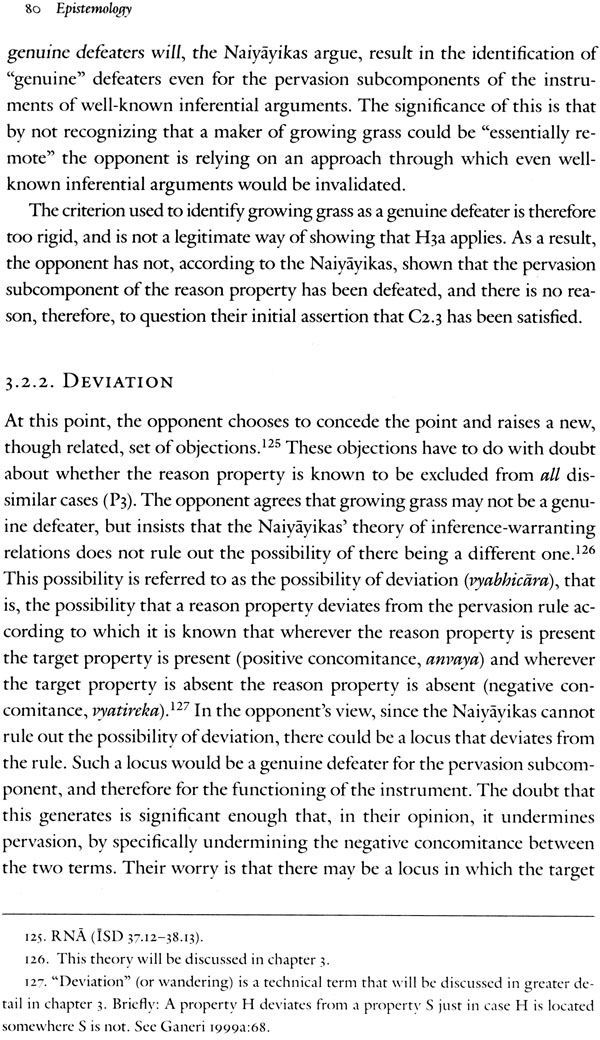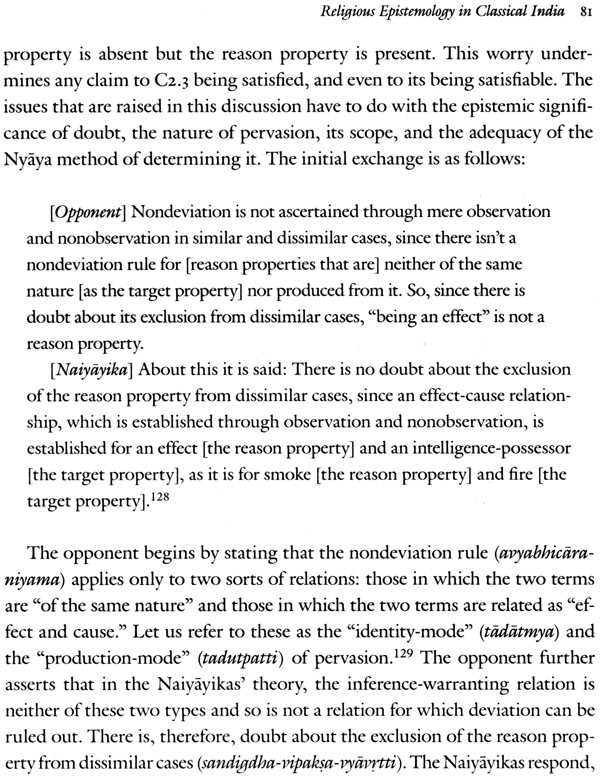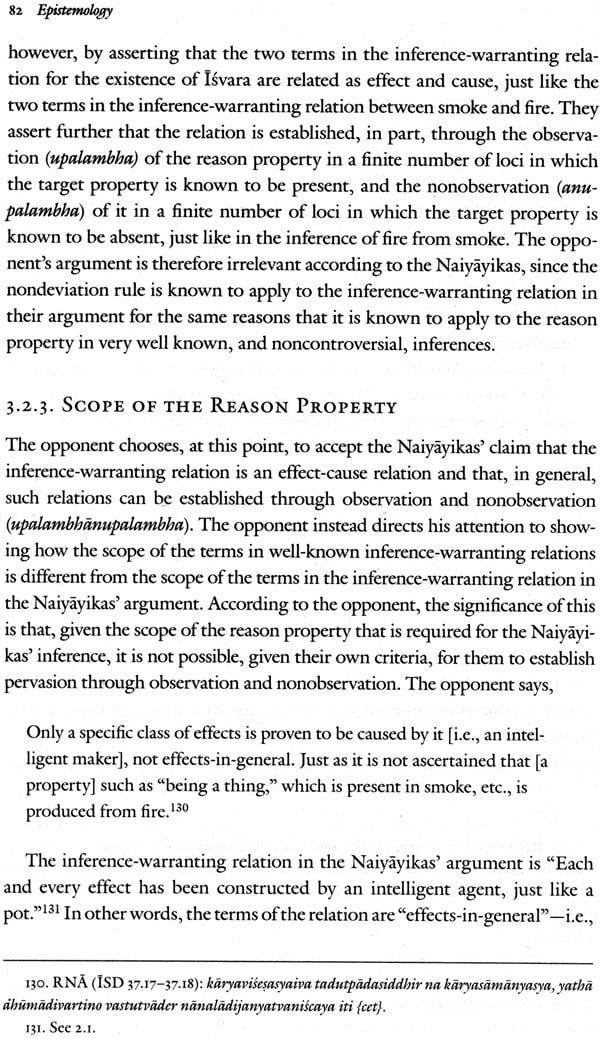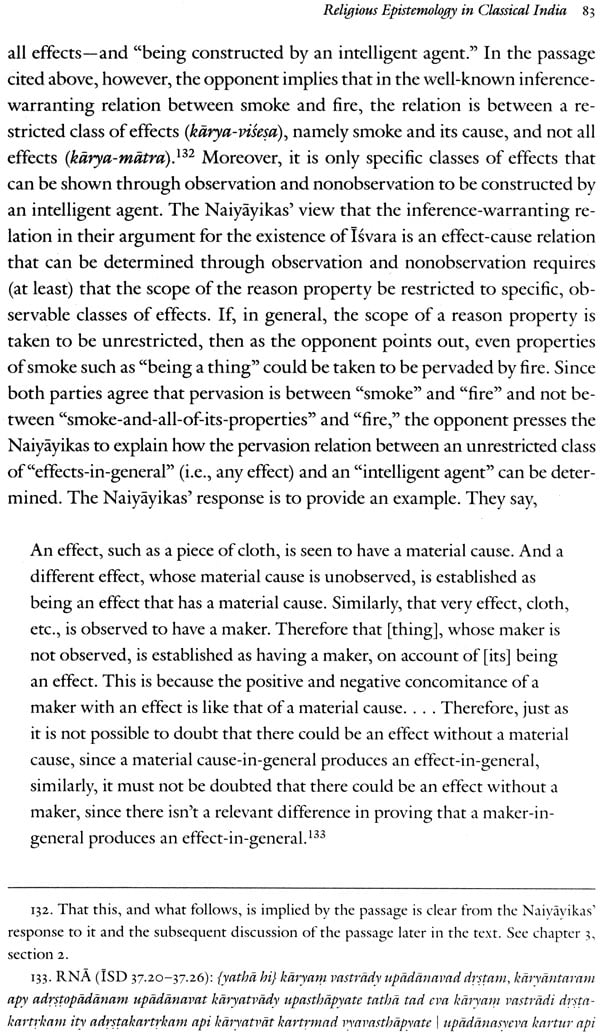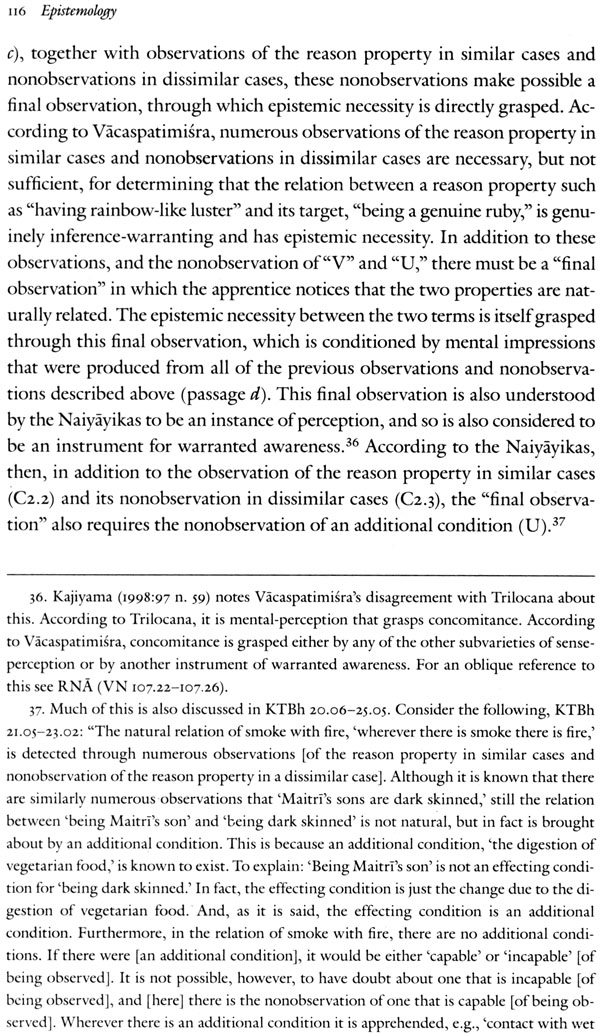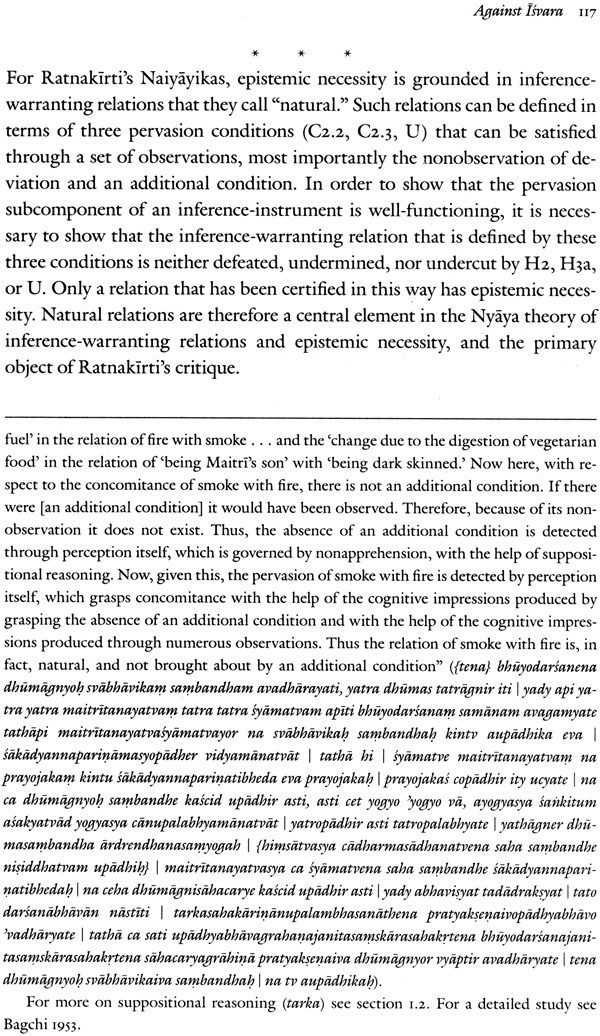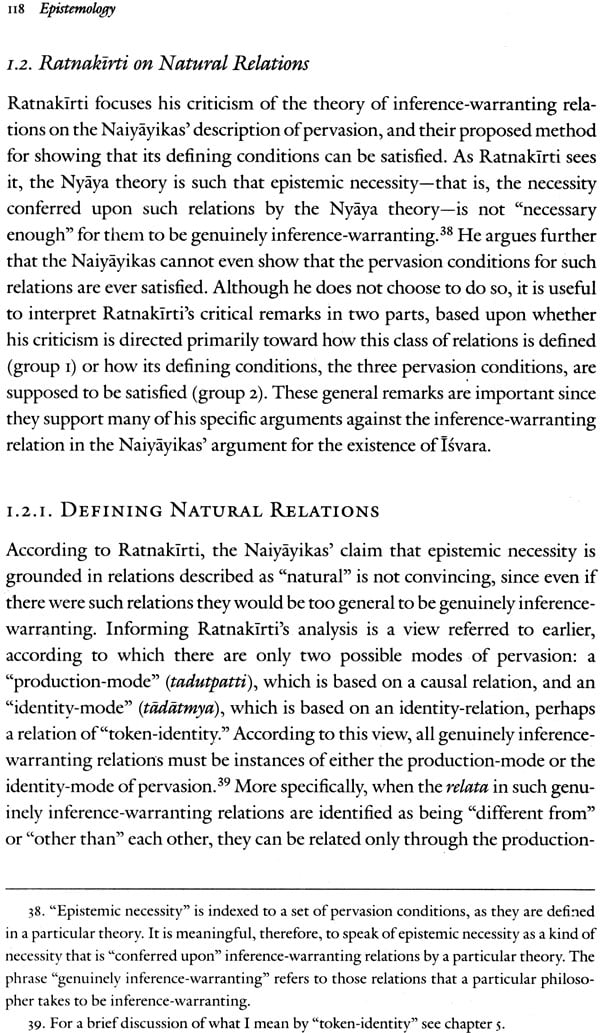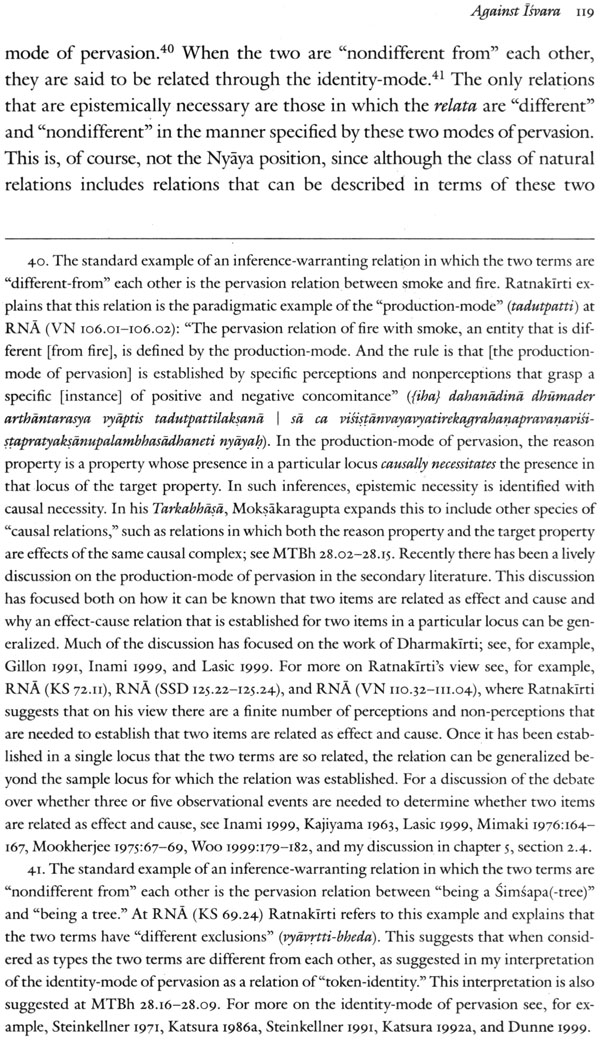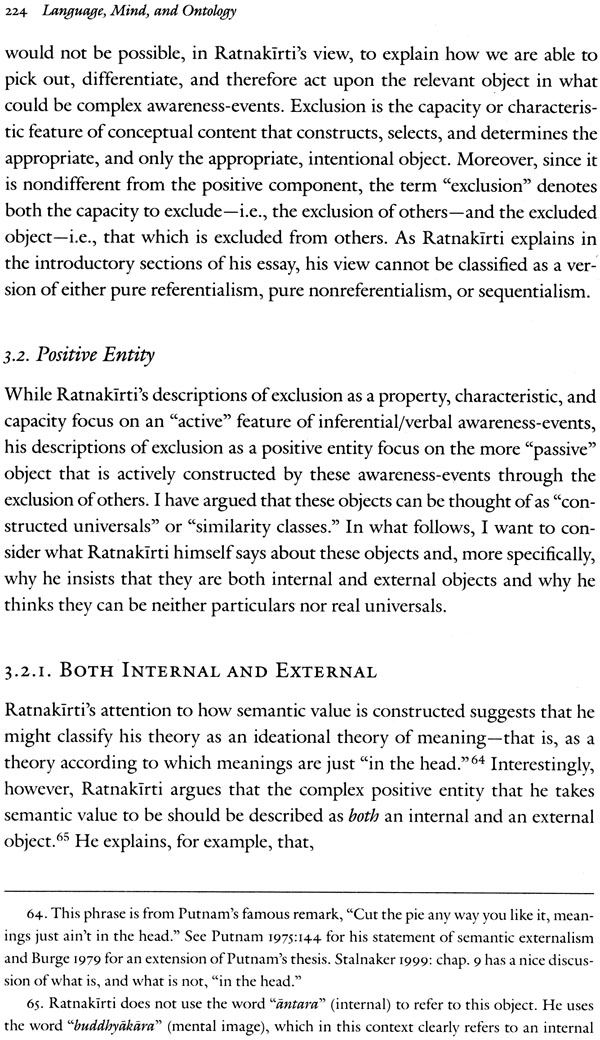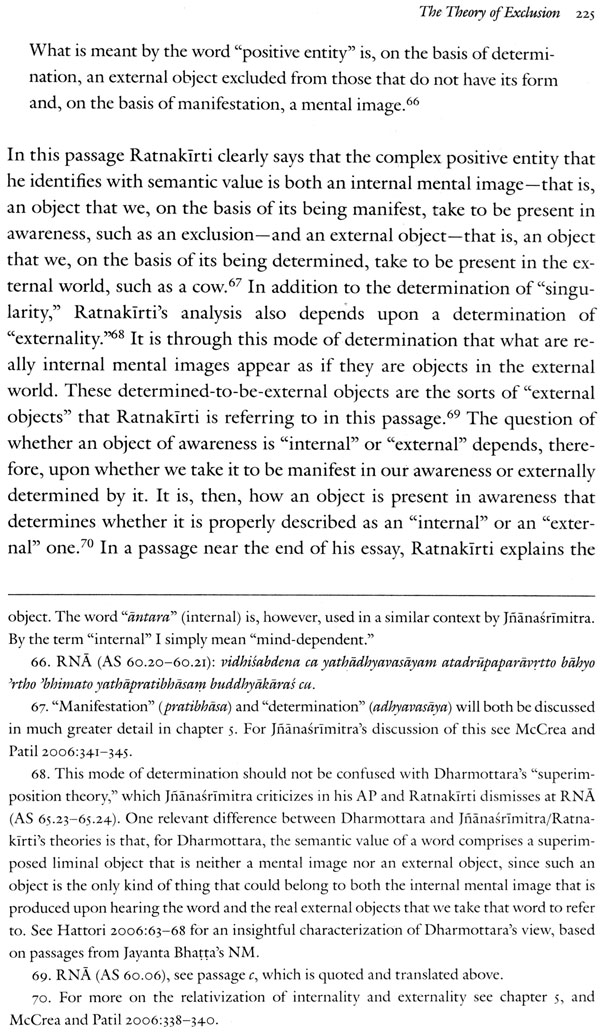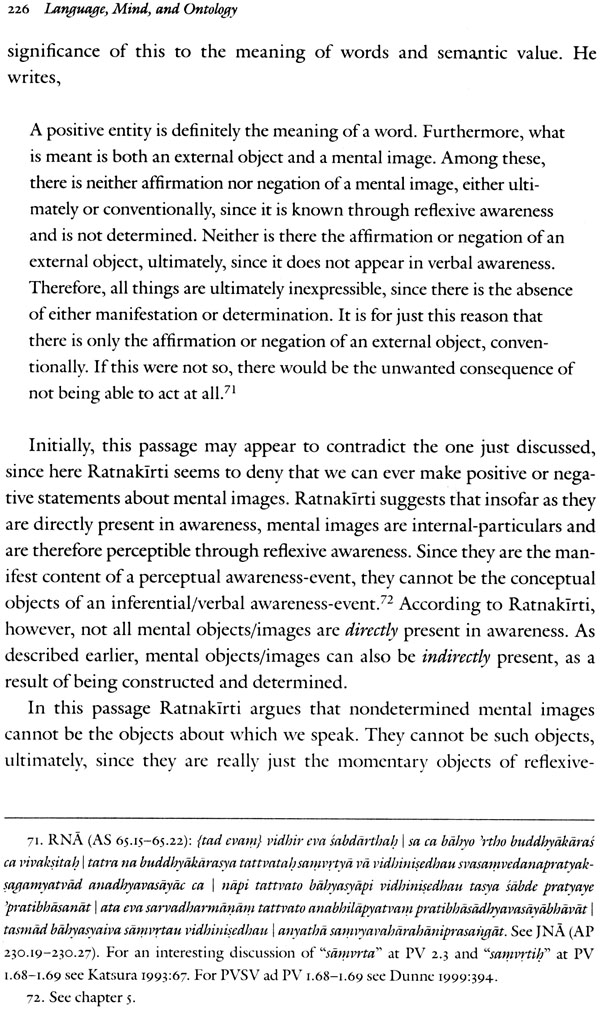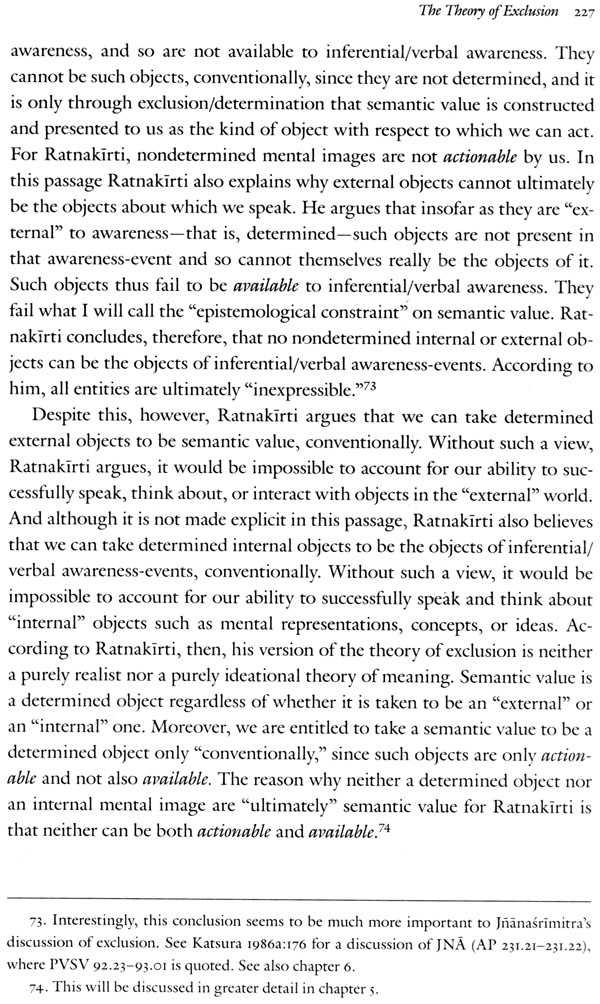
Against a Hindu God (Buddhist Philosophy of Religion in India)
Book Specification
| Item Code: | NAG090 |
| Author: | Parimal G. Patil |
| Publisher: | Dev Publishers and Distributors |
| Language: | English |
| Edition: | 2012 |
| ISBN: | 9789381406038 |
| Pages: | 417 |
| Cover: | Hardcover |
| Other Details | 10 inch X 6.5 inch |
| Weight | 810 gm |
Book Description
About the Book
Philosophical arguments for and against the existence of God have been crucial to Euro-American and South Asian Philosophers for over a millennium. Critical to the history of philosophy in India were the centuries-long arguments between Buddhist and Hindu philosophers about the existence of a God-Like being called Iswara and the religious epistemology used to support them. By focusing on the work of Ratnakirti one of the last great Buddhist philosophers of India and his arguments against his Hindu opponents, Parimal G.Patil illuminates South Asian intellectual practices and the nature of philosophy during the final phase of Buddhism in India.
Based at the famous university of Vikramasila, Ratnakirti brought the full range of Buddhist philosophical resources to bear on his critique of Hindu opponents' cosmological/design argument. At stake in his critique was nothing less than the nature of inferential reasoning, the metaphysics of epistemology, and the relevance of philosophy to the practice of religion. In developing a proper comparative approach to the philosophy and South Asian studies, philosophy and South Asian studies and applies the remarkable work of philosophers like Ratnakirti to contemporary issues in philosophy and religion.
Contents
| Introduction | 1 | |
| 1 | Comparative Philosophy of Religious | 3 |
| 1. Disciplinary Challenges | 5 | |
| 2. A Grammar for Comparison | 8 | |
| 3. Comparative Philosophy of Religious | 21 | |
| 4. Contents, Structure, and Arguments | 24 | |
| Part I. Epistemology | 29 | |
| 2 | Religious Epistemology in Classical India: | |
| In Defense of a Hindu God | 31 | |
| 1. Interpreting Nyaya Epistemology | 35 | |
| 2. The Nyaya Argument for the Existence of Isvara | 56 | |
| 3. Defending the Nyaya Argument | 69 | |
| 4. Conclusion: Shifting the Burden of Proof | 87 | |
| 3 | Against Isvara: Ratnakisti's Buddhist Critique | 100 |
| 1. The Section on Pervasion: The Trouble with Natural Relations | 102 | |
| 2. Two Arguments | 127 | |
| 3. The Section on the Reason Property | 150 | |
| 4. The Section on the Target Property | 163 | |
| 5. Conclusion: Is Isvara the Maker of the World? | 172 | |
| Part 2. Language , Mind, and Ontology | 195 | |
| 4 | The Theory of Exclusion, Conceptual Content, and Buddhist Epistemology | 197 |
| 1.The Theory of Exclusion | 200 | |
| 2. What Exclusion Is Not | 202 | |
| 3. Semantic Value | 211 | |
| 4. Ratnakirti's Inferential Argument | 239 | |
| 5. Conclusion: Jnanasrimitra's There Questions | 243 | |
| 5 | Ratnakirti's World: Toward a Buddhist Philosophy of Evening | 248 |
| 1. An Inventory of Mental Objects/Images | 250 | |
| 2. The Contents of Perception | 253 | |
| 3. The Contents of Inferential/Verbal Awareness | 278 | |
| 4. Nonexistence, Existence, and Ultimate Existence | 288 | |
| 5. The Iswara-Inference, Revisited | 299 | |
| 6. Conclusion: Who Create the World? | 309 | |
| Conclusion | 311 | |
| 6 | The Values of Buddhist Epistemology | 313 |
| 1. Foundational Figures and Foundational Texts | 315 | |
| 2. The Soteriogical Significance of Epistemology | 328 | |
| 3. Jnanasrimitra on Epistemology as Pedagogy | 337 | |
| 4. Ratnakirti's Framework of Value | 353 | |
| 5. Conclusion: Religious Resinous Reasoning as Religious Practice | 359 | |
| References | 365 | |
| Index | 391 |
